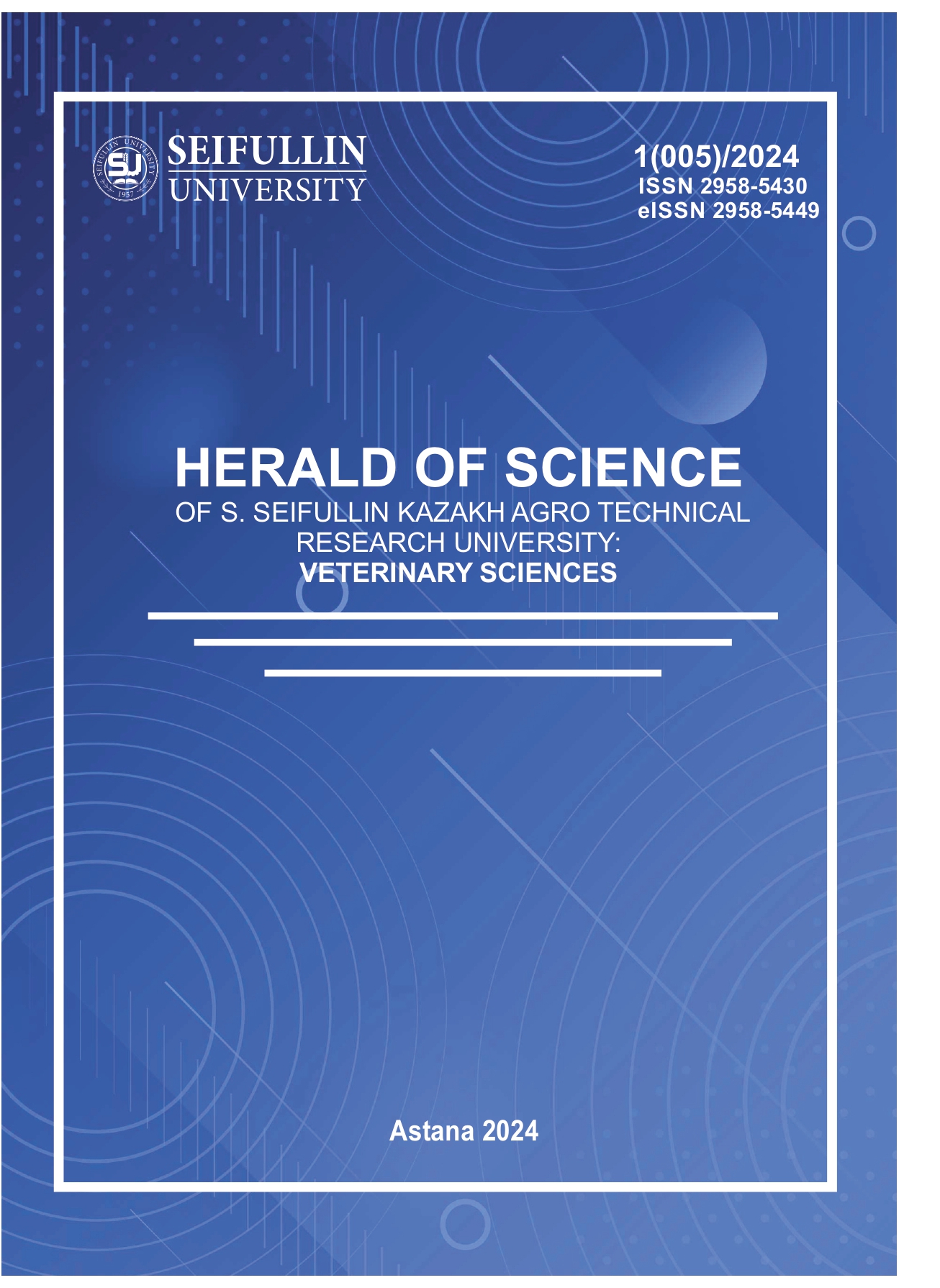MONOCLONAL ANTIBODIES AGAINST CTLA-4 AND PD-L1 RECEPTORS OF THE CATTLE IMMUNE SYSTEM
DOI:
https://doi.org/10.51452/kazatuvc.2024.1(005).1627Keywords:
bovine leukemia virus; CTLA-4 and PD-1 receptors; ELISA; immune system; monoclonal antibodies.Abstract
With the progression of bovine leukemia virus (BLV), the concentration of T-cells, as well as CTLA-4 and PD-1 receptors on their cytoplasmic membrane increases. Elevated concentrations of regulatory T-cells lead to increased production of transforming growth factor-β (TGF β), suppression of interferon-γ (IFN-γ) expression, tumor necrosis factor-α (TNF-α), and inhibition of natural killer (NK) cells. Effector and cytotoxic T-lymphocytes, as well as the production of cytokines IFN-γ and TNF-α, play a crucial role in immune response against viral infections. However, at late subclinical stages, T-lymphocyte activity decreases due to the activity of regulatory T-lymphocytes, contributing to infection growth and progression to clinical disease. Blockade of CTLA-4 and PD-1/PD-L1 receptors with specific antibodies restores the immune response against BLV. Monoclonal antibodies (mAbs) against recombinant bovine CTLA-4 and PD-L1 were obtained using hybridoma technology methods. The obtained mAbs were analyzed using enzyme-linked immunosorbent assay (ELISA) and western blotting methods. As a result of the study, hybridoma cell lines producing mAbs to recombinant bovine CTLA-4 and PD-L1 receptors were obtained. The hybridomas produced IgG1 class mAbs that specifically reacted with standard proteins and had a binding constant: 3b3 - 2.9×108 M-1, 4h10 - 1.9×108 M-1. The obtained mAbs effectively blocked the reaction of commercial bovine CTLA 4 and PD-L1 proteins with specific polyclonal antibodies in an indirect fluorescent antibody assay (IFA).

